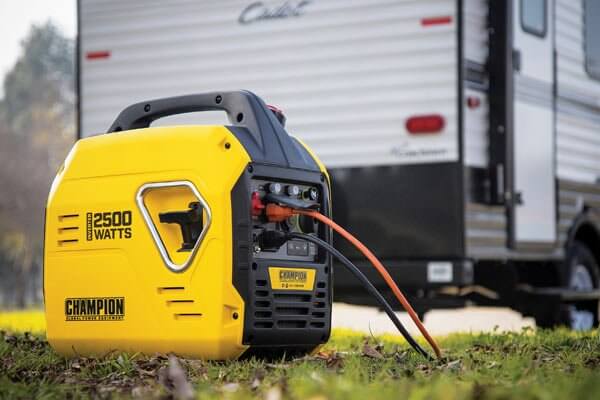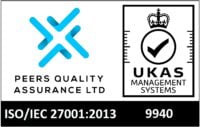What Does Generator kVA Mean?

There are a number of technical terms to familiarise yourself with when looking for a reliable generator. A lot of generator ratings mention the term ‘kVA’ – short for kilovolt-amperes, it represents the amount of power in an electrical circuit.
What does Generator kVA mean?
Most people are familiar with kW (kilowatts) as a measurement of how powerful an electrical item is, or how much power it takes to run. kVA power is the number of volts and amps in a circuit – the higher the generator’s kVA rating, the more power a generator produces. Kilowatts are used in generator ratings; however, the load may have characteristics that prevent the circuit from working efficiently, this can affect the kVA and so the generator will need to be correctly sized to handle the power.
kVA and kWs Relevance When Choosing A Generator
The size and scale of your business will influence the generator kVA and kW required for your specific load. Also, it will make a difference if you are using a generator for personal use or as a standby for your residential property.
Smaller businesses and residences normally require single-phase generators, which use kW as the primary method of measurement. However, larger businesses require systems that can handle powerful electrical loads so they’ll need larger generator kVA ratings.
Commercial and industrial industries typically require three-phase applications – which are quoted in both kW and kVA.
It is crucial that your generator has the correct kVA rating, calculating this is easily achieved using the following formula:
- Engine Nett Power (kWm) x (Alternate Efficiency ÷ 100) = kW Electrical
For example:
- 110kWm x (92 ÷ 100) = 101.2kWe (which would be offered as a 100kW generator)
Apparent vs. Usable Power
If the electrical load is efficient and resistive (no capacitive load) then the kW will equal the generator’s kVA – this is in a perfect system; the generator will provide the kW’s required, and no power goes to waste.
Most three phase loads include ‘capacitive’ elements – for example, motors. These shift the voltage and current out of phase as the magnetic field of the motor holds back the current. As soon as this happens the amount of ‘apparent’ power is higher but the ‘usable’ power available is lower.
The difference between the apparent power and usable power in a circuit is termed by its ‘Power Factor’ (pf). You can see that this is a function or characteristic of the load (what is being powered) rather than the generator itself.
Three-Phase Generators
Most three-phase generators will be powering many different loads, they are offered a standard rating of 0.8 power factor (or around 20% capacity to handle the capacitive loads).
A 100kW generator will then have a rating of 125kVA (100kW/0.8 power factor).
Calculations
Here are some useful formulas to calculate measurements of power from kVA, kW, and amps based on voltages and power factors.
kVA to VA
kVA = 1000 x VA
E.g., 1kVA = 1000VA
kVA to kW
kVA x PF = kW
E.g., 100kVA x 0.8pf = 80kW
kW to kVA
kW ÷ PF = kVA
E.g., 80kW ÷ 0.8pf = 100kVA
Single-Phase kVA to Amps (current)
Amps = 1000 x (kVA) ÷ Volts
E.g., 10kVA 230V generator – 1000 x 10(kVA) ÷ 230(v) = 43A
Three-Phase kVA to Amps (current)
Amps = 1000 x (kVA) ÷ (√3 x Line to Line Volts*)
E.g., 100kVA 400V Generator – (1000 x 100) ÷ (1.732 x 400) = 144.4A
*√3 is ‘square root of 3’ approx. 1.732 – line to line volts is 400V in a UK three phase installation.
Alternatively, you can use the line to neutral voltage, which works out the same:
Amps = 1000 x (kVA) ÷ (3 x Line to Neutral Volts)
E.g., 100kVA 400 ÷ 230V – 1000 x (100 ÷ 3 x 230) = 144.92A**
** The difference is in the rounding of √3.
Discover the Right Generator with Hampshire Generators
If you are unsure about the correct sized generator kVA for your requirements, use our online calculator to find out the exact sized generator you need.
If your system has a different power factor to the ones mentioned in this article, or if you have any further questions about our range of generators, get in touch and our experts will be happy to help!
Call us on 01329 277162 or email [email protected].






